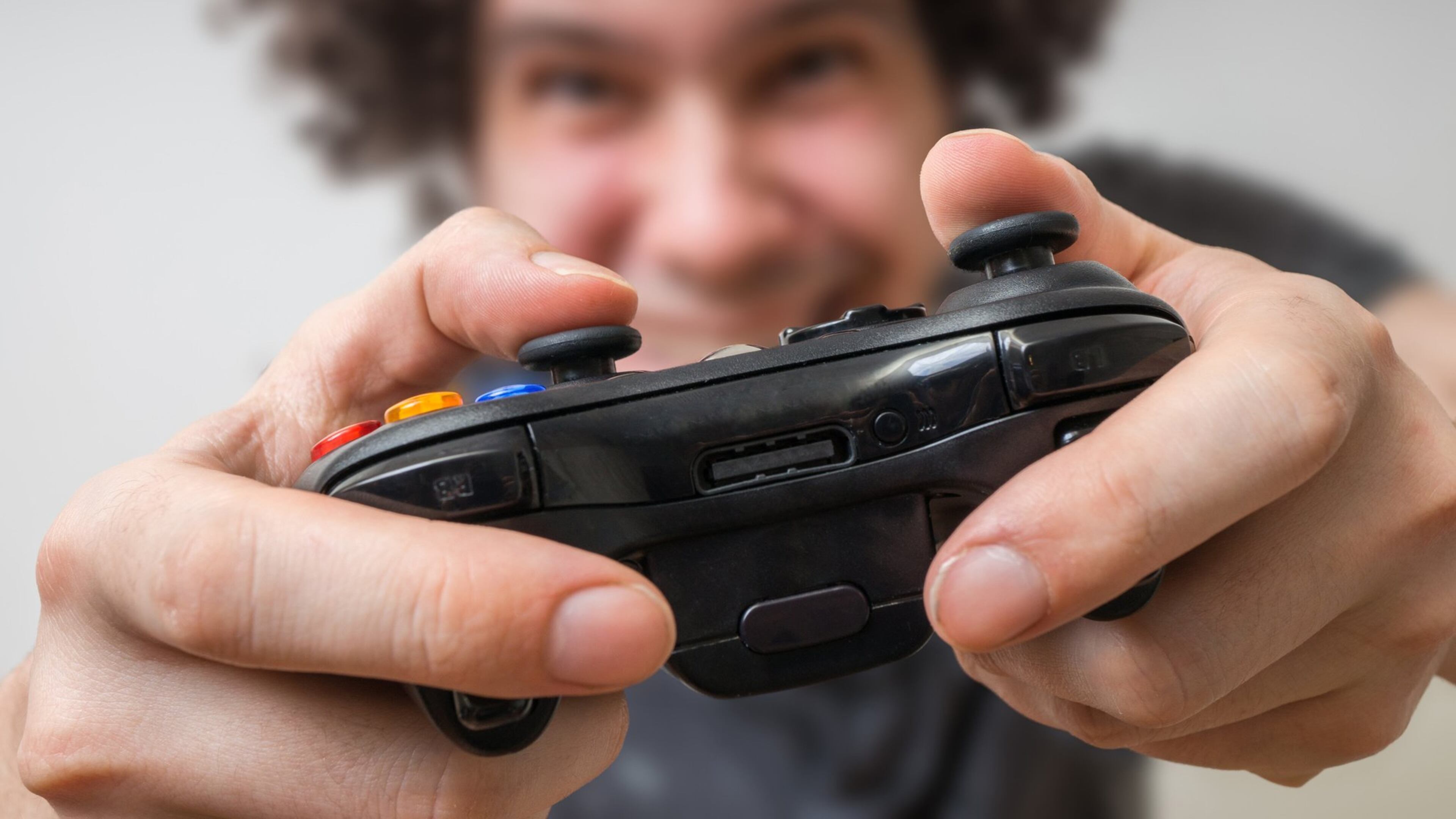Video ‘gaming disorder’ to be officially labeled a disease

It was only a matter of time before health officials diagnosed video game characters such as Mario and Super Mario as addictive, as the World Health Organization basically will do when it adds “gaming disorder” to its disease list this year.
The decision is cause for celebration in mental-health circles, with therapist Jeff Reiland saying, “I’m excited about it — not that I’m looking for more labels. … We’ve been dancing around this for a decade.”
The addictive nature of video gaming has been a matter of conjecture, and the WHO designation affirms it as a mental-health issue, said Reiland, a child and family therapist at Gundersen Health System in La Crosse, Wis., who also teaches a class on addictive behaviors at the University of Wisconsin-La Crosse.
His students have been studying the issue of video games’ addictiveness for six years, Reiland said.
Also hailing the designation is Amber Sherman, addiction treatment supervisor at Mayo Clinic Health System-Franciscan Healthcare, who said, “I think that is a big step forward in treatment. We see that type of addiction, and hopefully that will help.”
The draft of WHO’s 11th update of its International Classification of Diseases defines gaming disorder as “a pattern of persistent or recurrent gaming behavior (‘digital gaming’ or ‘video-gaming’), which may be online (i.e., over the internet) or offline.”
Indications of the disorder that WHO lists include:
—Impaired control over gaming, such as frequency, intensity and ability to quit.
—Giving increasing attention to gaming to the extent that it takes precedence over other interests and daily activities.
—And “continuation or escalation of gaming despite the occurrence of negative consequences.”
Nobody mentioned it, but it’s worth considering that internet phenomena of today such as “Words With Friends,” “Candy Crush” and similar pastimes are as addictive as any. They may not induce the hypnotic trance of “Pong,” Atari’s Ping-Pong-based creation that was one of the first video games ever made when it hit the market in 1972, but they easily can take over one’s life, and the human interaction is hardly a redeeming factor, being a remote element.
The specification of video gaming as a disorder is expected to prompt insurance companies to cover it in their health plans, an industry observer said.
“A lot of people will be confused that it isn’t tied to something ingested,” Reiland said, adding, “The message here really is that the brain is affected by video gaming” in a fashion similar to that of alcohol and other drugs.
“It is the same neurons, the same nerves … the same rush for gambling or reaching the next level of a video game,” he said. “An addiction is not defined by the substance,” but by the compulsion to do something.
Sherman also mentioned video gaming’s similarity to the risk/reward rush of gambling, adding, “It’s also related with the flashing lights.”
Among addiction cases, “We see it more often than we used to,” she said.
People addicted to video gaming might lie about it, hide it or use it to avoid situations or “might forsake things they have to do,” just as those afflicted with substance abuse do, Reiland said.
People don’t develop addictions of any sort voluntarily, he said.
“Most do it to escape the pain of life” they might be experiencing, he said.
“This is not to say all video gaming is addictive, but its target is younger people with developing brains,” he said.
Preoccupation with video games and playing them virtually nonstop short-circuits young brains’ ability to develop problem-solving and coping skills, as well as strategies to navigate through life, he said.
“It’s like drinking — the younger they start, the harder it is to stop, because it’s hard-wired into the brain,” Reiland said.
Evidence of that might occur if a parent suddenly took away a child’s gaming system without warning, and the child experienced a meltdown, he said.
“Rather than just say get off,” Reiland suggested, “a parent could say here’s what we do first,” listing daily activities such as going to school, doing homework, visiting family and friends and otherwise interacting with people.
“It’s better than if they get up, fired up to get to their game,” and put off interacting with family or doing things they should accomplish “because they’re in the middle of a really cool game,” he said.
Instead, limiting screen time to one or two hours a day “— if it’s like dessert of the work, at the end of the day,” it is likely to be less addictive, he said.


